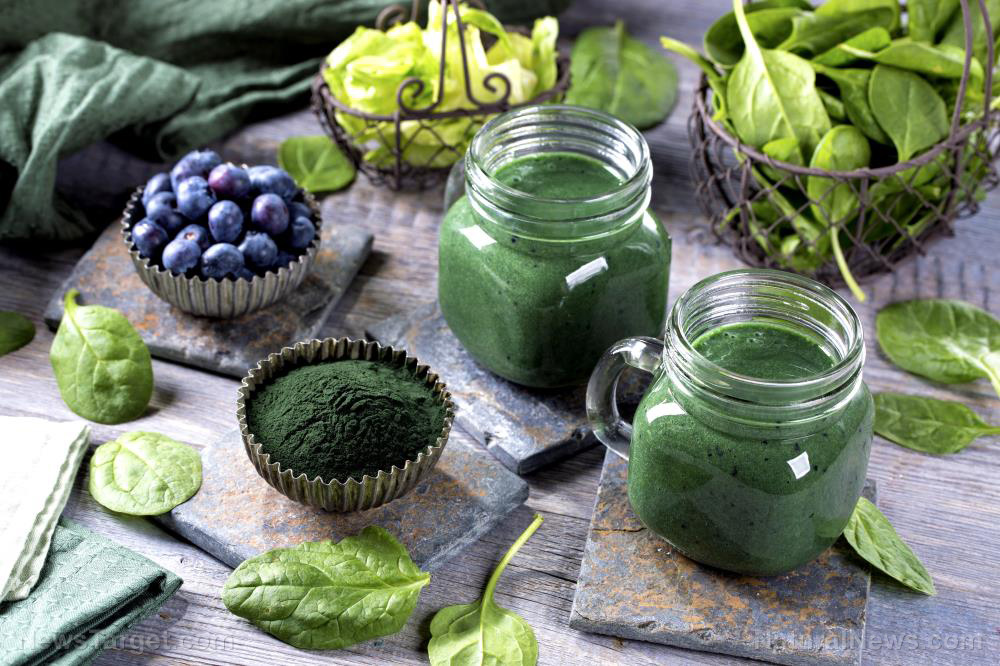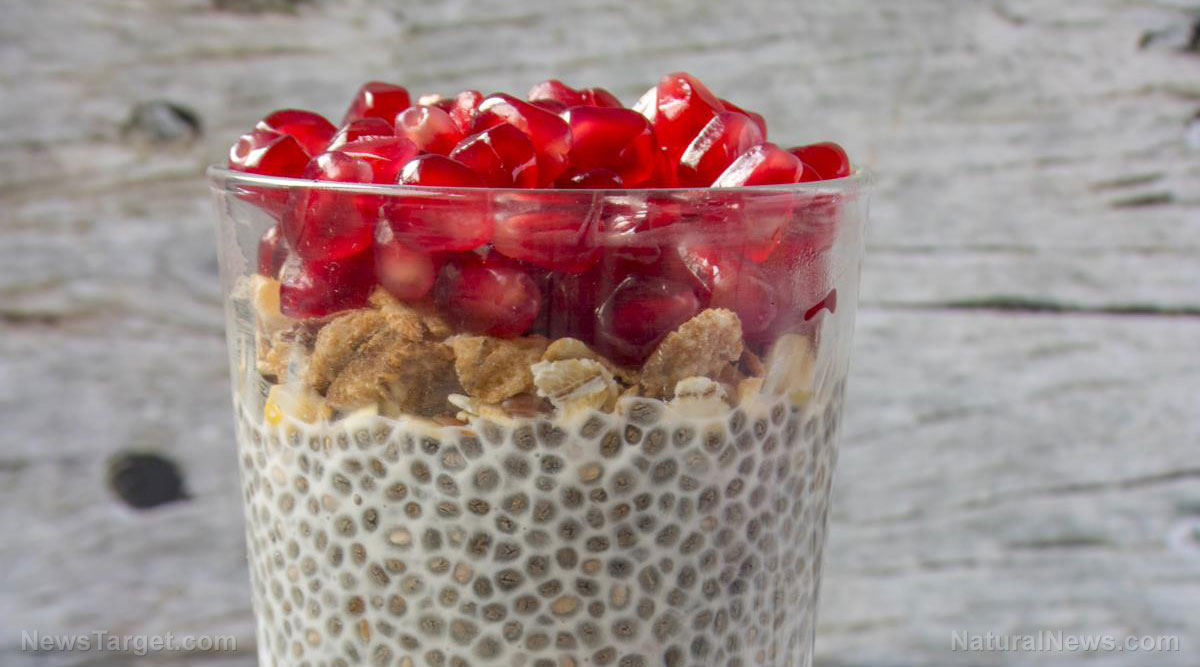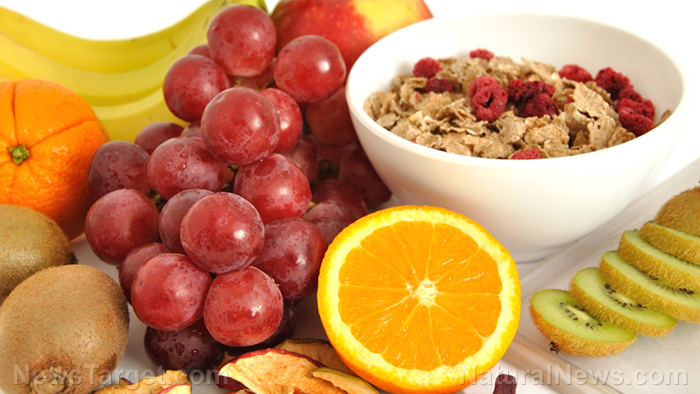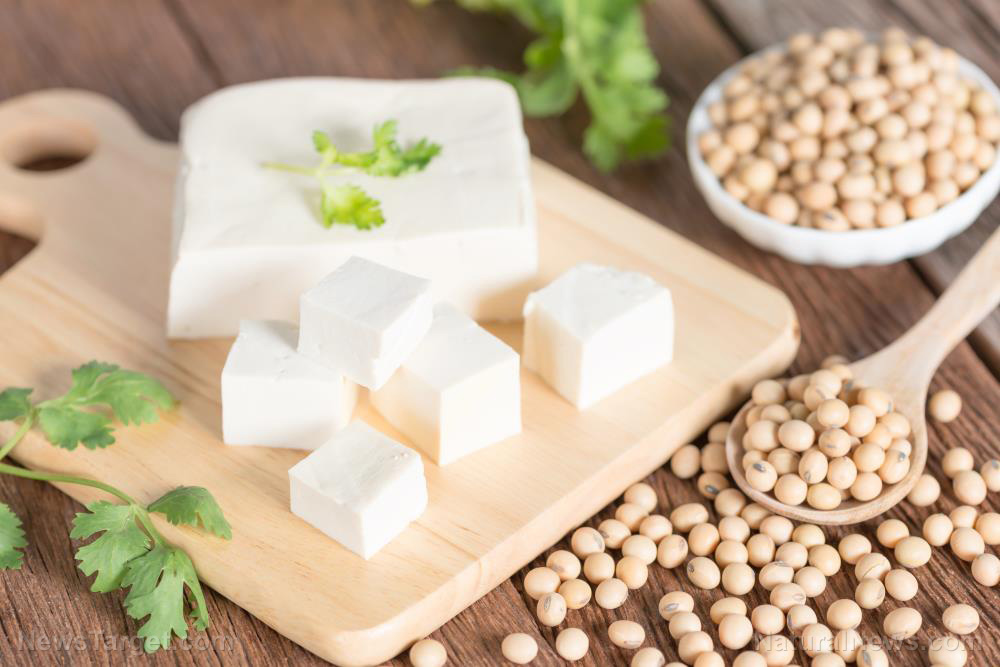Are keto-friendly snacks healthy? Low-carb junk food is still junk food, warn experts
10/02/2019 / By Darnel Fernandez

The ketogenic diet, also known as the keto diet, is a nutritional plan that requires a person to consume increased amounts of fat while restricting carbohydrate intake. People looking to get into this diet would have to give up many things that they enjoy – including breads, bagels, and various snacks to keep their carbohydrate intake to a minimum. While new “keto-friendly” ingredients and snacks have been introduced into the market, experts claim that these “cheat” foods are not as healthy as people think they are.
According to Amanda Maucere, a registered dietitian and nutritionist (RDN) for the Lung Health Institute, keto-friendly food can definitely be integrated into a balanced diet as they help people benefit from ketosis, without feeling deprived of their favorite snacks every once in a while. Ketosis refers to the body’s method of using fat for energy instead of carbohydrates.
However, Maucere warned consumers to watch what they eat lest they go beyond the net carbs required.
“The quality of the ingredients used to make these foods does matter. Just like with non-keto food products, you’ll want to look at the ingredients list to make sure the food you want to eat is made with real food ingredients,” she said. “If what you find in the ingredients list is a long list of chemicals and additives, steer clear.”
In addition, experts claim that consumers need to avoid foods that are highly processed. A study by researchers from New York University concluded that highly processed foods could be a contributor to increasingly high rates of excess weight and obesity in Americans.
For Anthony Gustin, co-founder of Perfect Keto, these studies highlight the link between eating processed foods and the increased rates of cancer, depression, and food addiction.
“Since a ketogenic diet — when done properly — can actually help alleviate many of these ailments, it’s counter-intuitive to eat products with ingredients that can have harmful effects on your health,” said Gustin in an article published in Healthline.
One of the worst offenders is artificial sweeteners. While these give keto-friendly treats the sweet taste found in their regular counterparts, artificial sweeteners can contribute to health risks – including increased blood pressure and blood sugar levels, as well as anxiety and gastrointestinal upset.
Is it still worth it?
A keto diet is still healthy and definitely worth a try, as long as you consult with a healthcare professional and do your research. Many studies have shown that a ketogenic diet can help treat a wide range of chronic diseases such as diabetes, Alzheimer’s disease, and even cancer. (Related: The ketogenic diet fights cancer, diabetes, and Alzheimer’s.)
According to clinical dietician Robert Santos-Prowse, one of the biggest advantages of a ketogenic diet is that it makes consumers more critical about the food they consume, which, in turn, improves their understanding of food.
Finding alternatives using simple recipes can help people satisfy their carb craving instead of resorting to what Prowse believes is “low-quality convenience food.” Making the food yourself gives you a greater understanding of what you are making and the ingredients you use – giving you more control over your carb intake.
The bottom line is that it all comes down to self-control. Keto snacks, on occasion, can help you satisfy your cravings without sacrificing the benefits of ketosis. However, if eating these snacks becomes a common occurrence, you will never reap the full benefits of this diet.
Sources include:
Cambridge.org [PDF]
Tagged Under: additives, Anxiety, artificial sweeteners, balanced diet, carb cravings, carbohydrates, carbs, cheat foods, chronic diseases, convenience food, Diets, fad diets, fats, food choices, gut health, healthy foods, keto, keto snacks, keto-friendly diets, ketogenic diet, ketosis, obesity, snacks, weight gain
RECENT NEWS & ARTICLES
COPYRIGHT © 2017 INGREDIENTS NEWS



















